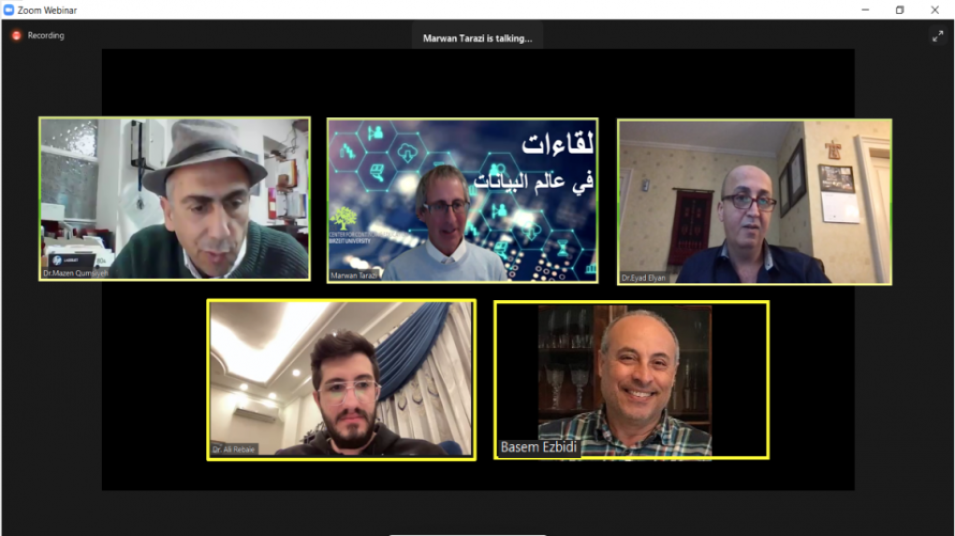Transforming Education and Learning with Data and Analytics
The Palestinian education system (along with a number of countries in MENA) was not doing well even before the Covi19 pandemic which only added insult to the injury (https://thisweekinpalestine.com/our-education-system-is-failing/). As Covid19 forced an accelerated adoption of major parts of digital transformation (like distance education and work from home), it exacerbated the digital divide and deepened the learning gap as those marginalized or disadvantaged due to economic standing or geographic location (or even on technical skill basis) could not access teaching and learning resources nor could they compensate for the educational loss. In 2020, one quarter of the school year was lost and the following year was a mix of in-class and online teaching using MS Teams in government schools with varying levels of attendance and instruction.
Even with full access to distance education or in class instruction for that matter), neither the curriculum nor the methodology were right. Student performance in math and science (standard Ministry of Education tests) did not exceed 40% on average. In the era of the 4th industrial revolution and the need for new skills and learning approaches to prepare students for the future of work, traditional instruction is not only inefficient, but could be useless to the extent of students needing to unlearn certain concepts and practices.
Earlier this year, the Center for Continuing Education at Birzeit University invited a number of data and other subject matter experts to imagine the world 15 years from now and advise on how to prepare our children for that reality (https://www.birzeit.edu/en/students-prepared-future-2035 ). They experts explored how climate change, developments in AI and automation, and transformations in the political landscape in the Middle East could affect the Palestinian community in the next 15 years.

Participants drew a dark picture of a situation where climate change and higher rates of pollution make certain parts of our country uninhabitable. Recent advancements in data science and artificial intelligence have already created new career pathways while rendering other jobs obsolete. Integration of technology in all aspects of human life represents a major shift in how humans have lived and will live. Weak educational institutions and colonization were the main reasons behind the general lack of technological innovation in the Arab world. As such, and to mitigate the risks, they called for active institutions to take part in environmental awareness, schools and universities to start planning for the needs of the future and focus on skills and disciplines that will be in-demand in 2035 and even sooner, a robust education that guides students on how to handle the increasing rate of technological development and change happening around them, and for Arab world’s current political atmosphere to give way to an open system in which everyone can participate in decision-making.
The traditional business model for education has already been disrupted with new learning and instructional offerings that rely more on big data analytics and personalized learning through the use of machine learning and artificial intelligence. This scale up of quality education at affordable cost and convenience, accessible from ubiquitous devices is the new reality in educational technology (EdTech) - especially in the post-Covid19 era. Job requirements will keep changing and the need to re-skill or up-skill will keep life long learning resources (ex. MOOCs and AI coaches) in high demand. It is up to traditional educational systems to either ride the wave or get washed away.

